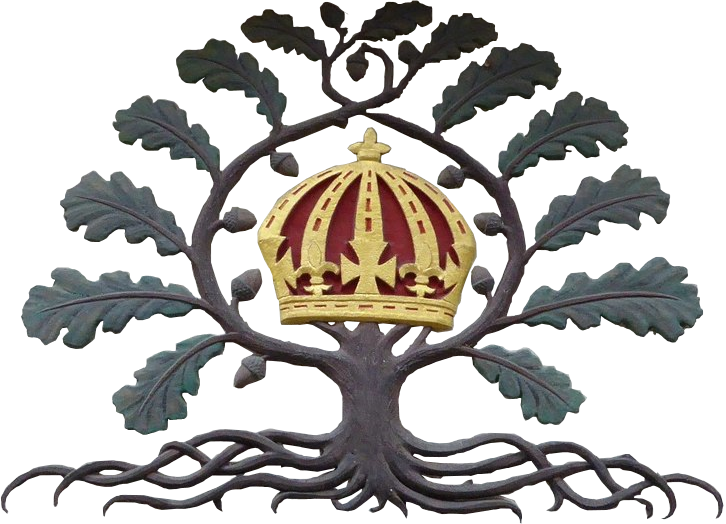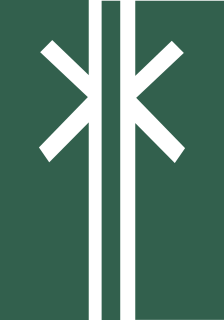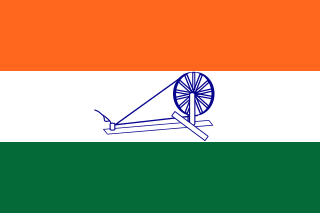
A Tory is a person who holds a political philosophy known as Toryism, based on a British version of traditionalism and conservatism, which upholds the supremacy of social order as it has evolved in the English culture throughout history. The Tory ethos has been summed up with the phrase "God, Queen, and Country". Tories are generally monarchists, were historically of a high church Anglican religious heritage, and opposed to the liberalism of the Whig faction. Typically, Tories defend the ideas of hierarchy, natural order, and aristocracy.
Unitarian or Unitarianism may refer to:
The Reform Party can refer to a number of current and disbanded political parties of various ideologies.
Social conservatism is a political philosophy and variety of conservatism which places emphasis on traditional power structures over social pluralism. It also engaged with the economic insecurity of lower-class Protestant Americans, McCarthyism and other challenges to social institutions. Social conservatives often promoted the organisation and politicisation of social issues.

Ernest Preston Manning is a Canadian retired politician. He was the founder and the only leader of the Reform Party of Canada, a Canadian federal political party that evolved into the Canadian Alliance in 2000 which in turn merged with the Progressive Conservative Party to form today's Conservative Party of Canada in 2003. Manning represented the federal constituency of Calgary Southwest in the Canadian House of Commons from 1993 until his retirement in 2002. He served as leader of the Official Opposition from 1997 to 2000.
Unity, United Progressive Movement and United Reform were the names used in Canada by a popular front party initiated by the Communist Party of Canada in the late 1930s.
In social studies, a political ideology is a certain set of ethical ideals, principles, doctrines, myths or symbols of a social movement, institution, class or large group that explains how society should work and offers some political and cultural blueprint for a certain social order. A political ideology largely concerns itself with how to allocate power and to what ends it should be used. Some political parties follow a certain ideology very closely while others may take broad inspiration from a group of related ideologies without specifically embracing any one of them. The popularity of an ideology is in part due to the influence of moral entrepreneurs, who sometimes act in their own interests. Political ideologies have two dimensions: (1) goals: how society should be organized; and (2) methods: the most appropriate way to achieve this goal.

The Social Credit Party of Great Britain and Northern Ireland was a political party in the United Kingdom. It grew out of the Kibbo Kift, which was established in 1920 as a more craft-based alternative for youth to the Boy Scouts.

The Purna Swaraj declaration, or Declaration of the Independence of India, was promulgated by the Indian National Congress on 26 January 1930, resolving the Congress and Indian nationalists to fight for Purna Swaraj, or complete self-rule independent of the British Empire.
Constitution Party, Constitutional Party, or Constitutionalist Party may refer to one of several political parties.
National Reform or National Reformation may refer to:
National Reform Movement may refer to different political parties around the world:

The Communist Party of Canada (Marxist–Leninist) is a Canadian federal political party founded by Hardial Bains in 1970. The CPC (M-L) has been registered with Elections Canada as the Marxist–Leninist Party of Canada (MLPC) since 1974 as the party is prohibited from using the Communist Party name in Canadian elections to avoid confusion among voters. The party developed separately and independently from the Communist Party of Canada (CPC), originating among students and intellectuals in Canada during the 1960s. After a period of alignment with Maoism and China, the CPC (M-L) pursued a Hoxhaist, pro-Albanian line until the early 1990s. At present, the party directs most of its public support to Cuba and North Korea.

Impossibilism is a Marxist theory that stresses the limited value of political, economic, and social reforms under capitalism. As a doctrine, impossibilism views the pursuit of such reforms as counterproductive to the goal of achieving socialism as they stabilize, and therefore strengthen, support for capitalism. Impossibilism holds that reforms to capitalism are irrelevant or outright counter-productive to the goal of achieving socialism and should not be a major focus of socialist politics.
Reformism is a political doctrine advocating the reform of an existing system or institution instead of its abolition and replacement.
Independent Alliance may refer to:
This page is based on this
Wikipedia article Text is available under the
CC BY-SA 4.0 license; additional terms may apply.
Images, videos and audio are available under their respective licenses.





